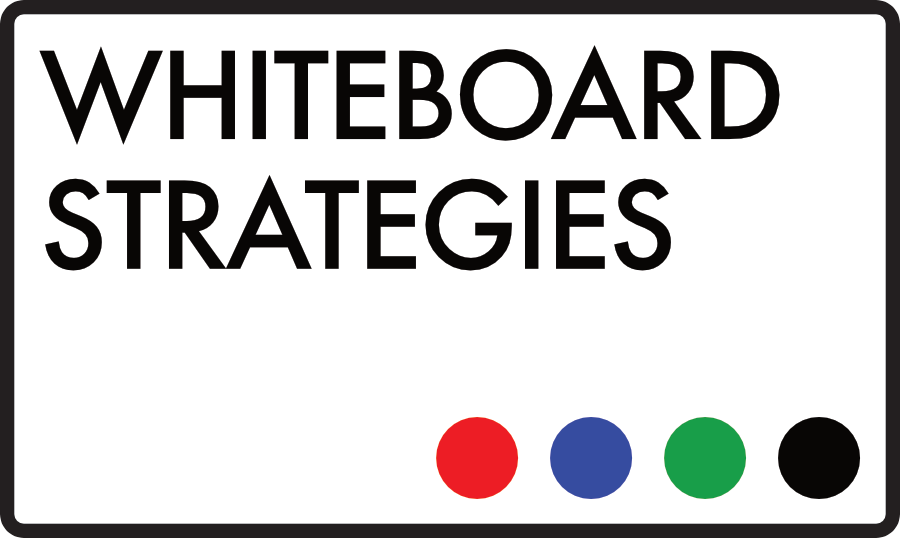If you don’t remember or haven’t seen the above episode of Blackadder, it’s one where Edmund finds himself desperate for money, needing it quickly, and selling Baldrick’s ‘services’ at the local docks to make some pennies.
It’s relevant here because the end of the year—the end of the financial year for a lot of sales organisations—is approaching, and year-end is a time when sales leaders around the world seem to lose their minds in short-sighted attempts to make a few more pennies.
The pressure on sales teams and their leaders to hit their year-end number is notoriously heavy. It’s easy to see why—once upon a time sales targets were set by Sales Directors, battle-hardened professionals who understood the nuances and fluctuations of their marketplace, negotiated hard for their teams in the boardroom under pressure from other departments, and held significant weight and authority in their organisations. The reallocation of target setting to accounts departments—themselves under pressure from stakeholders and city investors—has made targets little more than a wish list. It used to be “here’s what we could make if we push ourselves”, now it’s “here’s what we’d like to make”…
The industry-wide lack of push back from sales leaders on this issue has allowed remote, removed target-setters to place immense pressure on them and their teams. A lot of targets are never going to be hit—good sales leaders know when a target is impossible. If they still just accept that target then they’re setting themselves and their reps up for a lot of stress, a massive dressing down, and a whole lot of job dissatisfaction.
That’s where this year-end pressure stems from. Weak leadership. Unfortunately, it’s also the leaders who often drop the ball massively at this time of year, even while they think they’re helping.
You’ve suddenly found yourself with a few weeks until year-end. Like Blackadder, you need signatures, closed deals and money fast. The temptation is to step in on some of your reps’ deals, offer out a few snap discounts that go way beyond what your rep is free to offer, do whatever you need to do to get the conversion in the CRM… I see where that impulse comes from. But I know—as I’m sure you do—that quick fixes and short-term solutions like that do way more damage than good…
If you offer your product or service at a massively discounted rate, you’re undermining the value of your offering. You know that that makes renewals difficult for your sales teams if you’re giving it away to a new customer. It also breeds resentment and uncertainty in existing customers—the thinking isn’t “great, I’ve been handed a real deal here”, it’s “why am I only paying £X for this when I’ve been paying X% more than that for the last 3 years?”
You stepping in on your teams’ deals in this way is bad for morale too—you’re undermining your reps, disregarding the important relationships that they’ve spent so long cultivating and making buying decisions all about price, rather than about value added and the quality of your offering.
It’s schoolboy stuff. It’s obvious where it comes from, but it lets your organisation and the reps under your charge down. This year let’s have a more composed and long-sighted approach to year-end.

Recent Comments